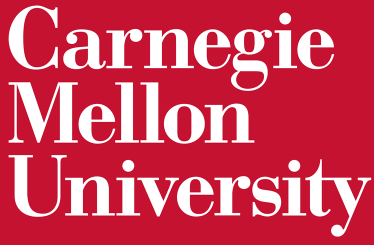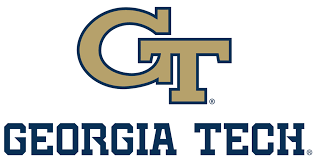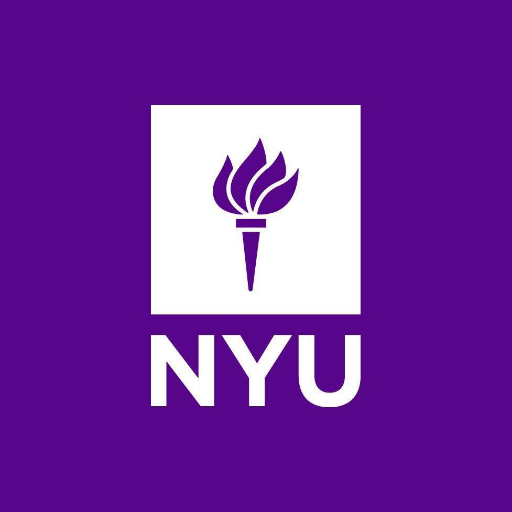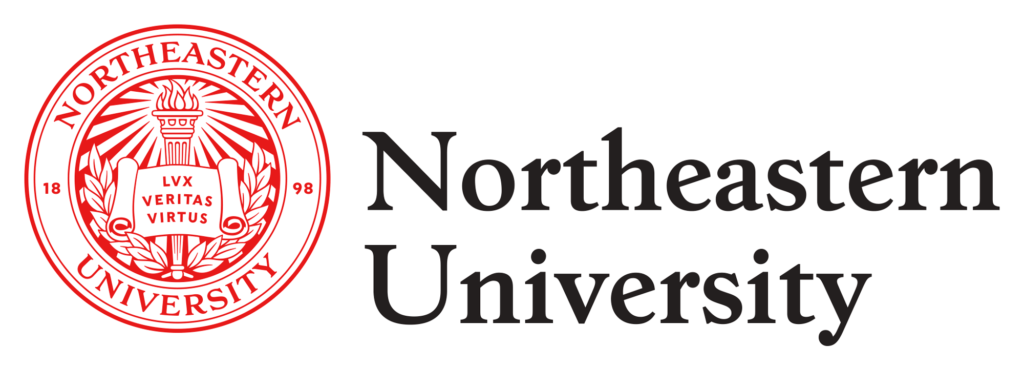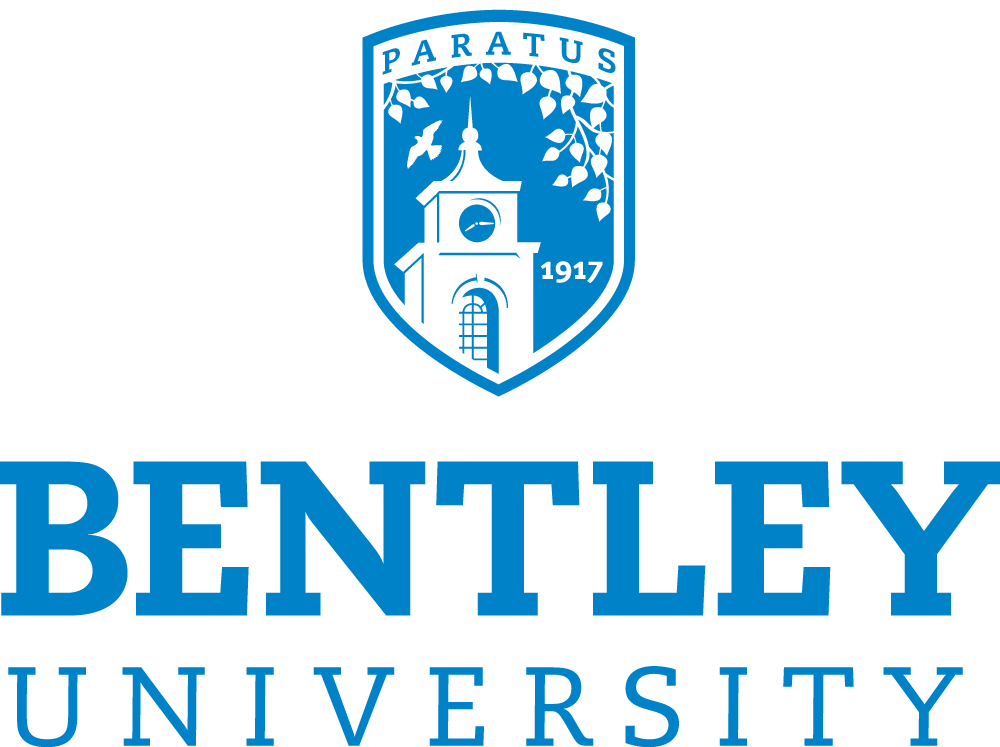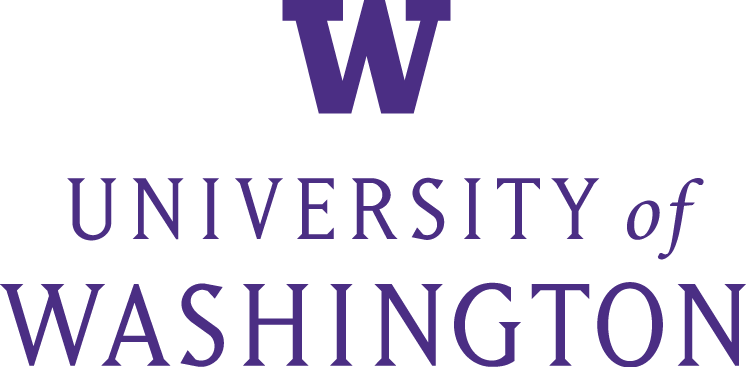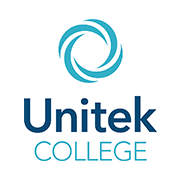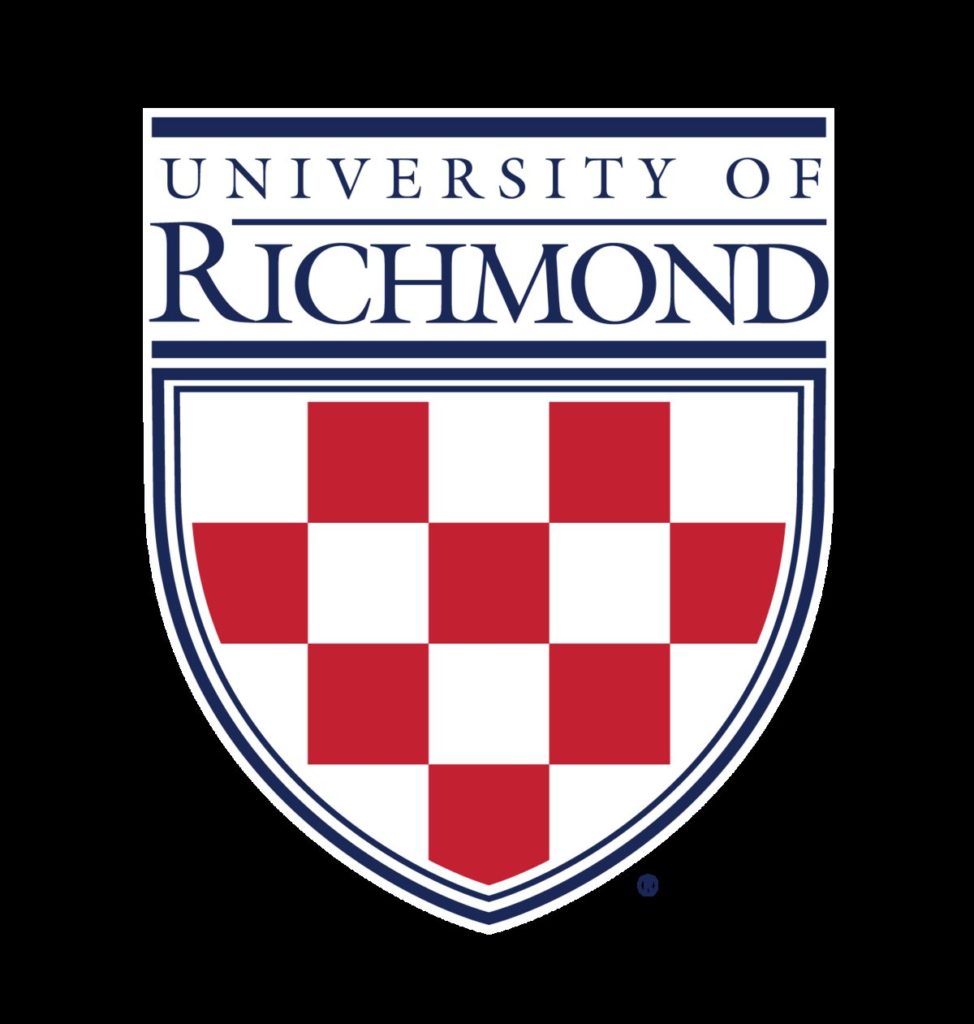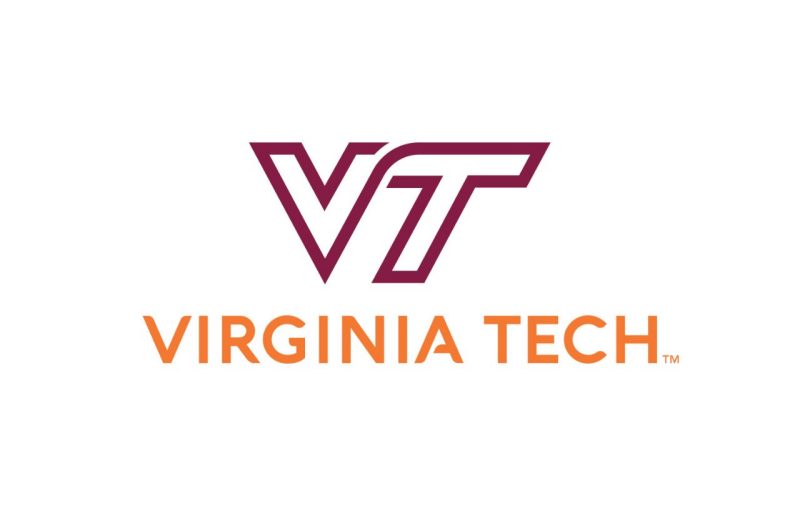Find Your Perfect School
Working in Information Technology
As you can see, there’s a wealth of high-paying positions in IT. Some roles, like IoT engineering, didn’t exist a few years ago, and there will likely be more roles that emerge in the coming years.
The United States Bureau of Labor Statistics notes that computer and information technology positions are predicted to grow 12% between 2018-28, creating approximately 546,200 new jobs.
Currently, there are well over 4.5 million Americans working in IT and computer science.
Here are some of the skills associated with even higher demand than the baseline for IT professionals:
- Data Storage
- Cloud Computing
- Data Collection
- Cybersecurity
The median annual wage for all IT and computer science roles was $91,250 in May 2020, $88,240 in May 2019, up from $86,320 in May 2018. This is much higher than the median wage for all other occupations $38,640 and $39,810 respectively.
However, despite the demand for qualified IT professionals, there isn’t enough supply. This is an excellent opportunity for anyone enticed by the field.
So how do you know if you’re right for one of these roles? A ton is up to you. Can you buckle down and learn new skills in a structured, credentialed program? Where will you be accepted? Can you afford it? How much time do you have to commit to gaining a certification or degree in IT?
Perhaps just as important is grappling with your abilities and limitations. Not everyone is cut out to work in IT, and there’s no use forcing it if you’re not a good fit. Let’s look at some of the qualities that predict and contribute to success in IT.
What Skills and Attributes Lead to Lucrative and Fulfilling IT Careers?
Information Technology is a field of hard skills. To be successful, you’ll need measurable results in programming, network administration, technical support, or elsewhere.
Many of the tasks and duties in the field can be learned regardless of your background and natural intellectual gifts. However, certain qualities will go a long way. Let’s look at some of the most essential :
- Logic Skills: Much of IT involves intuitive reasoning. Are you great at determining the root causes of problems and the quickest, most efficient ways to solve them? If so this might be the field for you.
- Strong Memory: Information Technology builds upon itself. The more experience you have solving problems, and the more concepts and skills you master, you’ll find they build upon themselves, delivering you through more complex issues and skillsets.
- Persistence: You’ll face failure constantly in IT. How’s your natural patience? What about your tolerance for frustration? These are factors that will play large roles in your IT career. Remember, anyone can thrive when success comes easily, but accomplishments through adversity matter more, especially in information technology.
- Ingrained Mathematics: Not all roles in IT require strong math skills, but many do. If you’ve always struggled with math, this might not be the field for you.
- Imagination: Many of the greatest successes in IT came from professionals who took new approaches, or invented products, services, and processes that weren’t considered.
Does this sound like you? Are you good with machines? Have you loved computer systems, platforms, programming, or another area of IT? If so, this is a great area to study. The next step is applying to and entering an excellent school to earn an IT credential or degree.
THE 20 BEST IN-PERSON SCHOOLS FOR INFORMATION TECHNOLOGY
While there are ways to break into IT without a certification or degree, you’ll be doing yourself and your career a massive favor by earning one.
Top IT programs have world-class faculty, the latest equipment, and technical experiences, and stake their reputations on creating elite IT talent. You’ll also get significant networking opportunities at and through these schools.
On this list, we’ve cultivated schools with superb in-person IT programs. They may offer undergraduate, graduate, or certification programs, in addition to online, full-time, and part-time delivery options. Regardless of what you want to study in IT you’ll likely find some great options here.
We ranked the schools on his list based on graduation rates, the average salary for graduates, national rankings, and more. Let’s get into it:
1. Washington University of Saint Louis
Acceptance Rate: 13%
National Rank: 15
Graduate Program in Information Systems Management
Washington is a private university in St. Louis, Missouri. It was founded in 1853. It’s known for elite offerings in Medicine, Social Work, Design, Law, and Computer Science. Outstanding graduates include William H. Webster, Petter Sarsgaard, and many others.
It’s also known for a nationally ranked hospital and its coveted art collection. Its offers programs in IT like:
- A Master’s in Information Systems Management
- A Graduate Certificate in Information Systems Management
The Master’s can be taken full or part-time. These programs are offered through Washington’s McKelvey School of Engineering, which has over 30 years of experience preparing graduates to work in information technology.
It combines two previously separate programs, a Master of Information Systems and a Master of Information Management, to create a more complete degree program and certificate.
2. Johns Hopkins University
Acceptance Rate: 10%
National Rank: 7
Master of Science in Information Systems
Johns Hopkins is a private university based in Baltimore, Maryland. It was established in 1876. Hopkins is known for world-renowned programs in Medicine, Education, Engineering, and Computer Science, among others.
Its notable alumni include Gertrude Stein, Rachel Carson, Woodrow Wilson, and Michael Bloomberg. Its IT programs include:
- A Master’s in Cyber Security / Security Informatics
- A Graduate Certificate in Cyber Security / Security Informatics
These programs have a wide range of focus areas, like Security and Privacy, Cryptography, Computer Forensics, Software Vulnerability Analysis, Intrusion Detection, Cloud Security, Security Analytics, Ethical Hacking, Critical Infrastructure Protection, Financial Issues in Managing Secure Operations, Network Security, and Global Cybersecurity Trends and Practices.
Regardless of what you want to do in Cybersecurity, Johns Hopkins has a program for it. Working professionals can take these programs part-time in three tracks: Systems, Networks, or Analysis.
3. Georgetown University
Acceptance Rate: 12%
National Rank: 22
Master’s in Technology Management
Georgetown is a private university in Washington, DC. It was established in 1789. It’s known for phenomenal programs in Business, Public Policy, Medicine, Law, Nursing, Health, and Information Technology. Famous graduates include Bill Clinton, Patrick Ewing, Maria Shriver, Bradley Cooper, and many more. Its IT offerings include:
- A Master’s in Technology Management
- A Graduate Certificate in Competitive Business Intelligence
Students may pursue these programs full or part-time. Graduates will be prepared to use data analysis to become technological and business leaders. These programs bridge classic business and management education with technical coursework.
Throughout, students will learn from industry experts and top organizations by working with clients, attending guest lectures, attending networking events, and through case studies.
4. University of Southern California
Acceptance Rate: 12%
National Rank: 25
Information Technology Program
USC is a private university in Los Angeles, California. It was founded in 1880. It’s one of the more desired schools in America. USC boasts a very successful athletics department, and outstanding programs in Medicine, Social Work, Engineering, Law, Education, and Information Technology.
Its notable graduates include George Lucas and Judd Apatow, among many others. USC’s IT Program offers undergraduate majors in:
- Data Science (BA)
- Cyber Operations (BA)
In total, the USC Information Technology Program (ITP) offers 75 courses from faculty who have worked in the industries they teach.
Students can opt for 13 distinct minors and specialization programs as well. No matter what program you opt for, you’ll gain experience with programming tools and languages, honed problem-solving skills, insight into the impact of technology on society, improved visual, written, and oral communication skills.
5. Carnegie Mellon University
Acceptance Rate: 15%
National Rank: 28
Carnegie Mellon is a private university in Pittsburgh, Pennsylvania. It was founded in 1900 by Andrew Carnegie. It’s known for academic achievement in Business, Engineering, Information Technology, and its vital research.
Notable alumni include 20 Nobel Prize winners, actors Ted Danson and Ethan Hawke, among many others. Its IT Master’s Degree offers pathways in:
- Information Technology Management
- Business Intelligence & Data Analytics
- Information Security & Assurance Cybersecurity in Washington, DC
Carnegie Mellon offers both in-person and online options. Its IT programs have been highly ranked for years. These programs can be taken part-time and asynchronously, and are designed to serve working professionals. The range of students and networking opportunities in these programs often connect early career professionals with experienced executives.
6. University of Virginia
Acceptance Rate: 21%
National Rank: 32
Systems Engineering Undergraduate Program
The University of Virginia is a private university in Charlottesville, Virginia. It was founded in 1819 by Thomas Jefferson. UVA is known for its programs in Education, Business, Law, Medicine, and Engineering and Applied Sciences. Its notable alumni include Tiki Barber, Katie Couric, and Edward Kennedy. Its IT offerings include:
- A Bachelor’s Degree Completion Program in Information Technology
- Undergraduate Certificate in Cybersecurity Analysis
- Graduate Certificate in Cybersecurity Management
- IT Certifications
The Bachelor’s program requires students to take 18 credits, broken into five required IT courses, and one elective IT course. Required courses include Basics of Web Design, Strategic Business Value of IT, Enterprise Systems Architecture and Design, Web Application Development – Building Dynamic Websites, and Database Management and Business Intelligence/Analytics.
7. Georgia Institute of Technology
Acceptance Rate: 18%
National Rank: 44
Information Technology Management
Georgia Tech is a public school in Atlanta, Georgia. It was founded in 1885. The school is known for its range of student activities and programs in Business, Engineering, and much more. Its notable alumni include Mike Duke, Bobby Jones, Nomar Garciaparra, and many others. Its IT programs include:
- Bachelor’s in Management Information Systems
- MBA in Information Systems
- Ph.D. in Information Technology Management
- MBA Certificate in MOT
The MBA program comes in full-time, evening, and executive formats. Students at Georgia Tech are doing vital research in areas like Software Development, Social Media, Emerging Technologies, Enterprise and Supply Chain Systems, Business Analytics, Distributed Networks, Database Design, and much more.
Georgia Tech’s programs blend a business education with IT and teach students how organizations create value with their use of technologies.
8. New York University
Acceptance Rate: 13%
National Rank: 25
Technology Management and Innovation
NYU is a private university in the heart of Manhattan, NY. It was founded in 1831. The school is renowned for programs in the Arts, Business, Law, Medicine, Social Work, Education, and Information Technology. Notable alumni include Martin Scorsese, Spike Lee, and many others. Its IT programs include degrees like:
- Master’s of Science in Information Systems
- Master’s of Science in Computer Science
- Master’s of Science in Computing, Entrepreneurship, and Innovation
Students will take computer science courses and business courses in these programs. Graduates have gone on to become product managers, systems architects, strategic technology consultants, and executives at leading IT organizations. Sample courses include Operating Systems, Fundamental Algorithms, Distributed Computing, Intro to Cryptography, and many others.
9. Brandeis University
Acceptance Rate: 39%
National Rank: 41
Information Technology Services
Brandeis is a private university in Waltham, Massachusetts. It was established in 1948. It’s known for programs in English, History, Social Policy, Management, and Information Technology. Notable alumni include Thomas Friedman, Debra Messing, Angela Davis, and many others. Its IT offerings include a:
- Master of Science in Technology Management
Students can take this program part-time. It has six required courses and four electives. Graduates will be ready to leverage innovation to solve problems, develop and lead technical teams, and make operational decisions that govern organizational investments in technology.
Sample courses include Managing Change and Innovation, Communication for Effective Leadership, Strategic Information Technology, and more.
10. Northeastern University
Acceptance Rate: 18%
National Rank: 44
Northeastern is a private university in Boston, Massachusetts. It was founded in 1898. It’s known for programs in Management, Marketing, Business, Social Sciences, Engineering, and more. Notable alumni include Albert Sacco, Shawn Fanning, and Wendy Williams. Its IT programs include:
- A Bachelor of Science in Information Technology
- Master of Science in Computer Science
- Master of Science in Cybersecurity
Students can delve into areas like development, implementation, analysis, applied design, and management of IT systems. Courses tackle programming for the web, mobile applications, networking, database, and information security. Students will understand the overlap between business needs and technological realities and utilities.
11. Bentley University
Acceptance Rate: 58%
National Rank: 132
Bentley is a private university in Waltham, Massachusetts. It was founded in 1917. It’s known for majors in Finance, Marketing, Business Administration, Accounting, and IT, among others. Its notable alumni include Jay Leno, Gail Huff, Charles Taylor, and more. IT programs include a:
- Bachelor’s in Computer Information Systems
- Master’s in Digital Innovation
Bentley offers students access to its CIS Sandbox, a collaborative space in which students can tutor each other, present technology and educational events, and more.
Mostly they’ll build new things with “cool people using cool technology,” according to Bentley. Graduates have worked as business analysts, systems analysts, and application developers, among other roles.
12. Boston University
Acceptance Rate: 19%
National Rank: 41
Computer Science & IT Programs
Boston University is a private school founded in 1839. It’s also one of the largest nonprofit schools in the country. BU is known for its programs in Law, Medicine, Education, Management, Engineering, and more. Its notable alumni include Martin Luther King, Jr., Tipper Gore, Howard Stern, Julianne Moore, and many others. Its IT offerings include:
- Computer Science
- Bachelor’s Completion Program
- Computer Information Systems, Master’s with IT Project Management Concentration
- Computer Information Systems, Master’s with Web Application Development Concentration
- Computer Information Systems, Master’s with Security Concentration
- Computer Science, Bachelor’s Degree
- Computer Science, Master’s Degree
Among other options, students can opt for part-time, full-time, online, in-person, or hybrid delivery formats. Some of these programs are offered through BU’s Metropolitan College.
For those interested in working in Cybersecurity, BU has qualified as a National Center of Academic Excellence in Information Assurance Education and Research by the National Security Agency and Department of Homeland Security.
13. University of Washington-Seattle Campus
Acceptance Rate: 47%
National Rank: 55
The University of Washington is a public school founded in 1861. It’s one of the oldest universities on the West Coast. It’s known for programs in Business, Engineering, Medicine, and more.
Its notable graduates include Bruce Lee, Jay Inslee, Bill Gates Sr, and Joel McHale, among others. It offers a Bachelor of Science in Informatics that comes in the following concentrations:
- Biomedical & Health Informatics
- Data Science Human-Computer Interaction Information Architecture
- Information Assurance and Cybersecurity
- Student-Designed Concentration
Students will learn to use IT to help people, organizations, and society at large. These programs prize the overlap between human values and technology.
Students will be nurtured and practice analyzing and solving difficult problems by designing and implementing user interfaces, mobile technologies, information systems, social media efforts, and more.
14. Unitek College
Acceptance Rate: 100%
National Rank: 107
Unitek is a private college with seven campuses in California and one in Reno, Nevada. It was founded in 2002. It’s primarily focused on healthcare and nursing.
The school offers career training, clinical placements, employment assistance, and professional development for its students. It offers an:
- Information Technology (IT) Program
This program can be finished in 9 months in Concord, California (or online). Graduates will receive a diploma in this certificate program.
The program covers the fundamentals of computer technology and helps students analyze software and hardware issues. You will complete lab exercises, a supervised externship, and take courses in supporting and securing networks.
15. University of Richmond
Acceptance Rate: 29%
National Rank: 72
The University of Richmond is a private school in Richmond, Virginia. It was founded in 1830. Top major areas include Business, Biological and Biomedical Sciences, Psychology, Social Sciences, and Multi/Interdisciplinary Studies. Notable alumni include Kenny Atkinson, Sean Casey, Dave East, and many others. Richmond’s IT offerings include a:
- Bachelor’s Degree in IT Management
- Bachelor’s Degree in Information Security
- Certificate in Information Security
- Certificate in Information Systems
Students will take courses in areas like Local Area Networks, Big Data Analytics, History of IT, Computer Programming, Systems Analysis and Design, and much more.
The Management program focuses more on business development and how it relates to IT, while the Information Security program tackles data protection and integrity in the face of disaster and attacks.
16. Virginia Tech University
Acceptance Rate: 56%
National Rank: 62
Information Technology Management
Virginia Tech is a public university in Blacksburg, Virginia. It was founded in 1872 and was once a military-technical institute. Today it’s known for majors in Social Sciences, Biological and Biomedical Sciences, Business, Engineering, and more. Its notable alumni include Michael Vick and Hoda Kotb. Virginia Tech offers:
- Online Master of Information Technology
- Online Graduate Certificate in Information Technology
These programs can be completed entirely online. They were designed for working professionals. Both combine courses in Business and Engineering.
Students can also choose a dual degree with a Master’s in IT and an MBA. Courses include Cybersecurity Governance and Risk Management, Healthcare Data Management, Advanced Database Management Systems, Cognitive Computing for Smart Services, and much more.
17. Stevens Institute of Technology
Acceptance Rate: 40%
National Rank: 83
Technology Management Master’s Program
Stevens is a private school in Hoboken, New Jersey. It was established in 1870. It’s known for its programs in Science, Engineering, and Liberal Arts.
Notable alumni include Frederick Winslow Taylor and Alfred W. Fielding, who helped invent Bubble Wrap packaging material. Stevens offers an Information Systems Master’s Program with specializations in:
- Business Intelligence & Analytics
- Business Process Management and Service Innovation
- Cybersecurity Risk Management
- Project Management
This program can be taken online or on campus. Students will study areas like security, analytics, cloud-based systems, mobile networks, compliance, and more. Graduates will be prepared to work in technology integration, IT strategy, and digital innovation.
18. Brigham Young University
Acceptance Rate: 59%
National Rank: 89
BYU is a private university in Provo, Utah. It was founded in 1875 and is affiliated with the Church of Latter-day Saints. The school is known for programs in Business, Education, Social Sciences, Engineering, and more. Notable alumni include Aaron Eckhardt, Jon Heder, Mitt Romney, Stephenie Meyer, and more. Its IT offerings include:
- Bachelors’ Degrees in Cybersecurity and IT
- IT Minor
- Master’s of Technology
Students can opt for emphases in areas like Mobile & Web Development, User Experience Design, Internet of Things, System & Network Administration, Penetration Testing, and Digital Forensics. The Master’s program is ideal for professionals who want to gain extensive experience in a specific area of IT or Cybersecurity.
19. Pennsylvania State University
Acceptance Rate: 58%
National Rank: 77
College of Information Sciences & Technology
Penn State is a public university in University Park, Pennsylvania. It was founded in 1855. The school is known for its programs in Agriculture, Education, Engineering, and more. Notable alumni include Valerie Lame Wilson, John Cappelletti, and many others. Penn State’s IT offerings include:
Residential:
- Integrated Undergraduate-Graduate Programs
- Certificates
- Minors
- Bachelor of Science (five distinct areas)
- Master of Science in Informatics
- Ph.D. in Informatics
Online:
- Bachelor’s and Associate Degrees (two Bachelors and one Associates)
- Master of Professional Studies Degrees (three distinct degrees)
- Graduate Certificates (three certificates)
As you can see, Penn State has a wealth of IT degrees that can be taken online. Bachelor programs in IT include Cybersecurity Analytics and Operations, Data Sciences, Human-Centered Design and Development, Information Sciences and Technology, and Security and Risk Analysis.
Integrated programs include a BS in Information Sciences and Technology/MS in Informatics, a BS in Security and Risk Analysis/MS in Informatics, and a BS in Security and Risk Analysis/MIA in International Affairs.
20. Gordon Cooper Technology Center
Acceptance Rate: 100%
National Rank: 1,797
Gordon Cooper Technology Center
Gordon Cooper is a public career and technology education center in Shawnee, Oklahoma. It’s a member of the Oklahoma Department of Career and Technology Education system. Gordon Cooper began serving students in 1970. It’s known for programs in Business Education, Aviation Maintenance, Automotive Service, and more. Its IT program is a:
- Computer Network Technology Certification
This program is intended for upper-level high school students and adults. Students will learn to use software and hardware in several ways. They’ll build, manage, and do upkeep on the essential parts of IT systems. The curriculum covers operating systems, network performance maximization, assisting network and end-users, and more.
Undergraduate Vs. Graduate Information Technology Programs
This can be solved simply for some: if you haven’t earned an undergraduate degree, you’ll want to start there to expand your IT credentials and further or begin a career in the field. IT allows students a wide breadth of areas and facets they can specialize in even at the undergraduate level.
Students who complete an undergraduate program in Information Technology can expect much higher starting salaries than is standard across American occupations. They can also study in areas with much higher job security than the typical American worker enjoys.
IT is a field where the ability to do the work is prized beyond any credential, but you’ll likely need an official voucher of some kind that validates your ability to do the work a specific role requires.
Keep in mind that many IT workers have a certification instead of a degree. Depending on what you want to do in the field a certificate might be a feasible way to break in.
However, if you want a long-term, high-powered career in information technology, you’ll eventually want to earn a graduate or doctoral degree. Especially if you’re going to work in academia, management, or other IT leadership positions, do vital research, or work on the vanguard of burgeoning technologies.
We’re not done helping you find the best degrees in information technology at all levels:
Rapidly Growing Areas of IT
The future of IT is malleable. However, there are some areas experts agree will require more workers and play larger roles in the overall field. These include artificial intelligence, the Internet of Things, and cybersecurity.
Automation has been accelerating, but there’s still far more development expected in that field.
The more we rely on digital information to house records, control physical spaces, and help make decisions that impact society, the more critical it becomes to close vulnerabilities and protect data. There’s an incredible deficit of trained cybersecurity and information assurance professionals relative to the demand for them.
IT professionals and computer scientists are working to integrate homes, vehicles, roads, the clothes we wear and many other physical items and spaces with the Internet and virtual communication. This collective effort is called IoT. Far more people will be employed in roles related to these efforts in the future than are today, so it might behoove you to get an education that will position you to work in this area.
Information Technology workers can be found throughout private organizations, and government agencies, doing vital research, and teaching at all levels of education. All that’s missing is you!





